San Francisco Home Buying Process: After your offer gets accepted

What Actually Happens in Escrow? A Guide for SF Buyers
San Francisco real estate can be pretty fast paced so understanding the escrow process is very helpful.
First of all.. what is escrow? Escrow is a nuetral 3rd party that carries out everything that was agreed to on the contract. During the escrow period this where all the pieces of your home purchase come together—ensuring that funds, documents, and obligations are managed securely and efficiently.
Starting Strong: Pre-Escrow Preparations
In San Francisco, it’s common for sellers to conduct inspections—such as home, pest, and roof assessments—before listing their property. This proactive approach provides transparency and can expedite the transaction. As a buyer, reviewing these reports early allows you to make informed decisions and prepare for any additional inspections you might deem necessary.
Opening Escrow: The Official Kickoff
Once your offer is accepted, escrow is officially opened with a trusted third-party—often a title company that also handles escrow services in Northern California. You’ll deposit your earnest money into an escrow account, signaling your commitment to the purchase. This account holds all funds securely until the transaction is finalized.
Due Diligence: Inspections and Appraisals
If the seller hasn’t provided pre-listing inspections, now is the time to arrange them. Common inspections include:
-
Home Inspection: Evaluates the property’s overall condition.
-
Pest Inspection: Checks for termites and other wood-destroying organisms.
-
Specialized Inspections: Depending on the property’s features, you might consider sewer line, chimney, or foundation inspections.
Simultaneously, your lender will order an appraisal to confirm the property’s value aligns with the loan amount.
Negotiations and Contingency Management
Based on inspection findings, you may negotiate repairs or credits with the seller. Contingencies—conditions that must be met for the sale to proceed—are a standard part of this phase. Common contingencies include:
-
Inspection Contingency: Allows you to back out or renegotiate if significant issues are discovered.
-
Appraisal Contingency: Ensures the property’s value meets or exceeds the purchase price.
-
Loan Contingency: Provides time to secure financing.
In San Francisco’s competitive market, some buyers choose to waive certain contingencies to strengthen their offers. While this can be advantageous, it’s essential to understand the risks involved.
Finalizing Financing
Work closely with your lender to complete the underwriting process. You’ll receive a Closing Disclosure detailing your loan terms and closing costs at least three business days before closing. Once all conditions are met, your lender will issue a “Clear to Close,” indicating that the loan is ready for funding.
The Final Walk-Through
Before closing, conduct a final walk-through to ensure the property’s condition hasn’t changed and that any agreed-upon repairs have been completed. This step provides peace of mind before you sign the final documents.
Closing Day: Sealing the Deal
On closing day, you’ll sign all necessary documents, and your lender will fund the loan. The title company will record the deed with the county, officially transferring ownership. Congratulations—you’re now a homeowner in San Francisco!
Post-Closing: Keeping Your Documents in Order
After closing, ensure you retain copies of all essential documents, including:
-
Closing Disclosure
-
Loan documents
-
Title deed
-
Homeowners insurance policy
-
Inspection reports and disclosures
These documents are vital for future reference, especially when it comes time to sell or refinance your home.
Understanding Escrow Accounts for Taxes and Insurance
Beyond the home purchase, your lender may establish an escrow account to manage property taxes and homeowners insurance. This account collects a portion of these expenses with each mortgage payment, ensuring timely payments and reducing the risk of tax liens or insurance lapses.
Navigating San Francisco’s Unique Real Estate Landscape
San Francisco’s real estate market is known for its competitiveness and unique property types, such as Tenancy in Common (TIC) arrangements. Understanding the nuances of these property types and the city’s housing regulations is crucial. Working with experienced professionals familiar with the local market can make all the difference.
Partner with Living7x7 for a Seamless Escrow Experience
At Living7x7, we’re committed to guiding you through every step of your homebuying journey. Our deep understanding of San Francisco’s real estate market ensures that you have the support and knowledge needed to navigate the escrow process confidently.
Have questions or ready to start your home search? Contact us today, and let’s make your San Francisco homeownership dreams a reality.




